When pain interferes with day-to-day activities, it can be tough. Mary Free Bed’s multidisciplinary team of pain rehabilitation specialists understands the complexities of chronic pain, including the physical and emotional toll it can take on kids. We’ll work to develop a personalized plan that incorporates a variety of innovative treatments to address the pain.
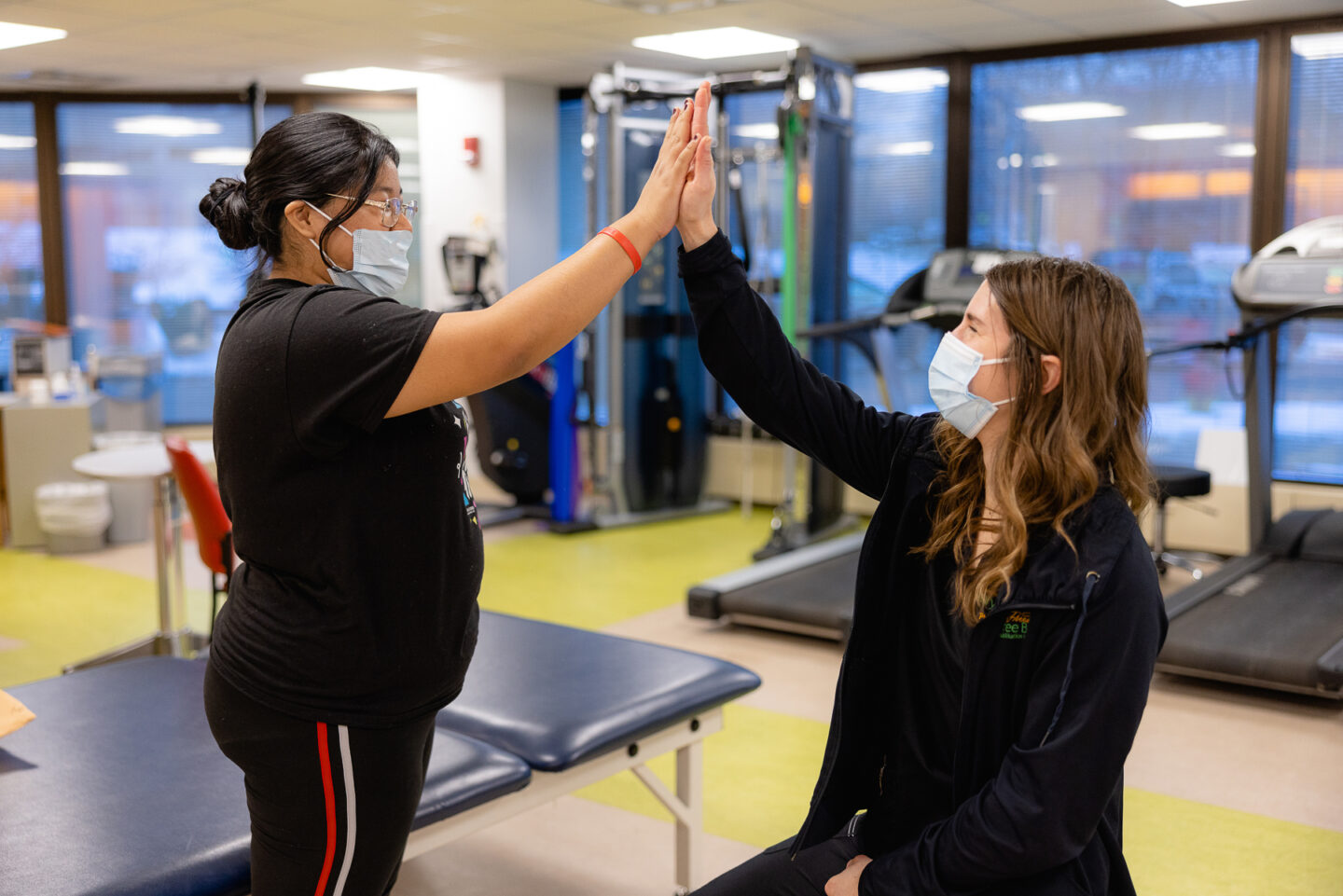
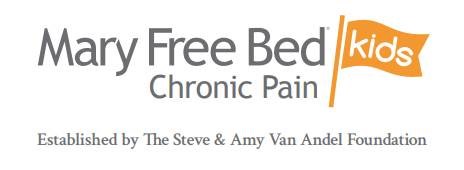
What’s Chronic Pain?
Unlike acute pain, which typically occurs with an injury, illness or medical procedure, chronic pain is more complex and often has debilitating effects.
It’s persistent and recurrent. And it doesn’t always have a physical source. Sometimes it’s associated with a long-term illness or condition, or it continues after an injury has healed. Changes to the nervous system also may cause persistent pain. And sometimes the cause isn’t clear.
Common types of chronic pain include:
- Abdominal pain
- Chronic pain because of injury or medical procedure
- Headaches or migraines
- Musculoskeletal pain
Who We Serve
We treat children and adolescents up to 19 years of age who have varying degrees of chronic pain and other conditions, including:
- Chronic pain and fatigue
- Chronic abdominal pain
- Chronic headaches
- Chronic pain because of injury or surgery
- Amplified Musculoskeletal Pain Syndrome (fibromyalgia) (AMPS)
- Complex Regional Pain Syndrome (CRPS)
- Functional Neurologic Disorder (FND)
- Postural Orthostatic Tachycardia Syndrome (POTS)
- Hypermobility/Ehlers Danlos Syndrome (EDS)
- Complex Regional Pain Syndrome (CRPS)/Reflex Sympathetic Dystrophy (RSD)
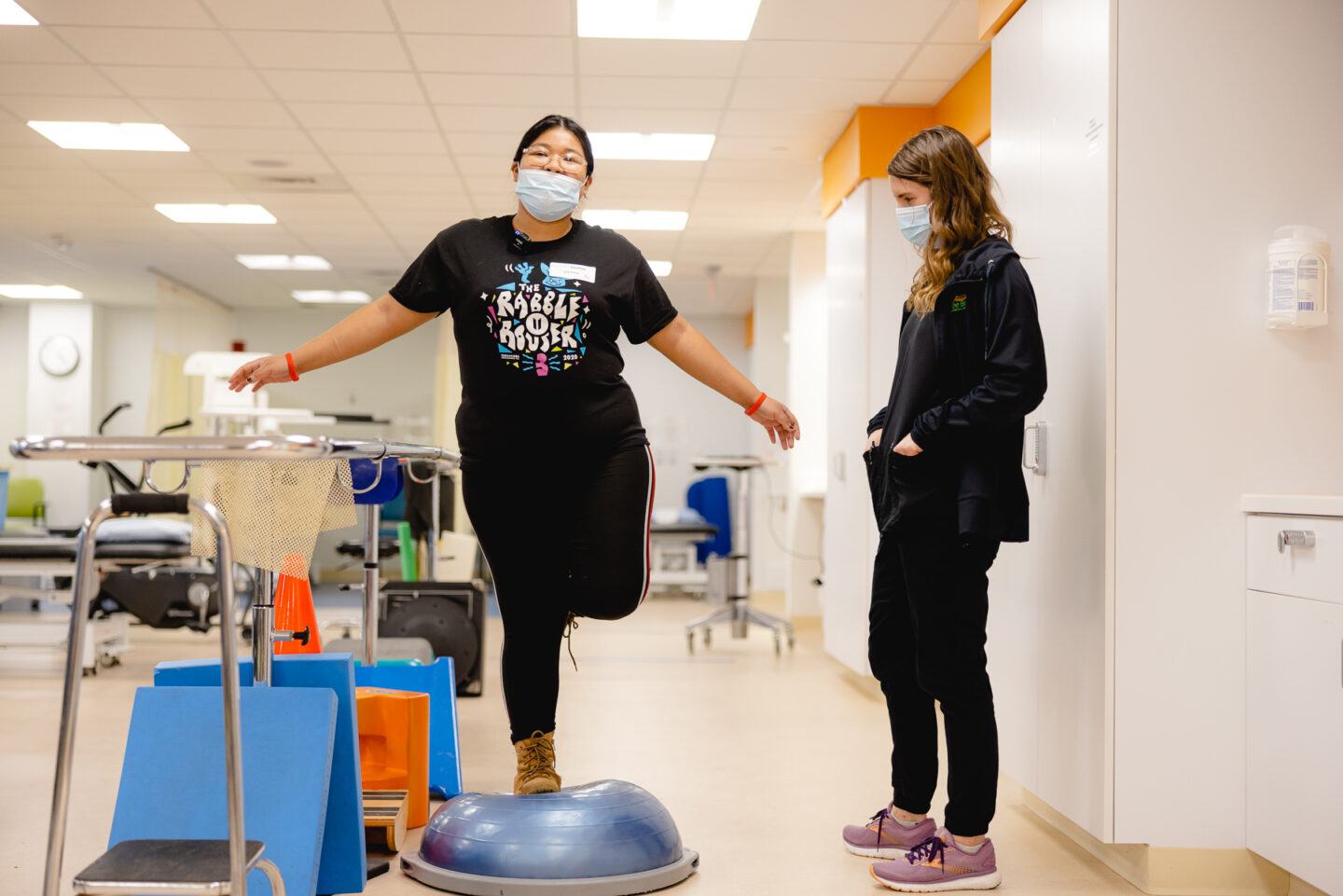
How We Help
Our focus is on helping your child return to normal activities – attending school, hanging out with friends and taking part in sports and other activities that bring joy.
- Increase understanding of pain and the brain-body connection
- Learn evidence-based pain management strategies
- Support your child’s optimal functioning in the home, school, and social settings
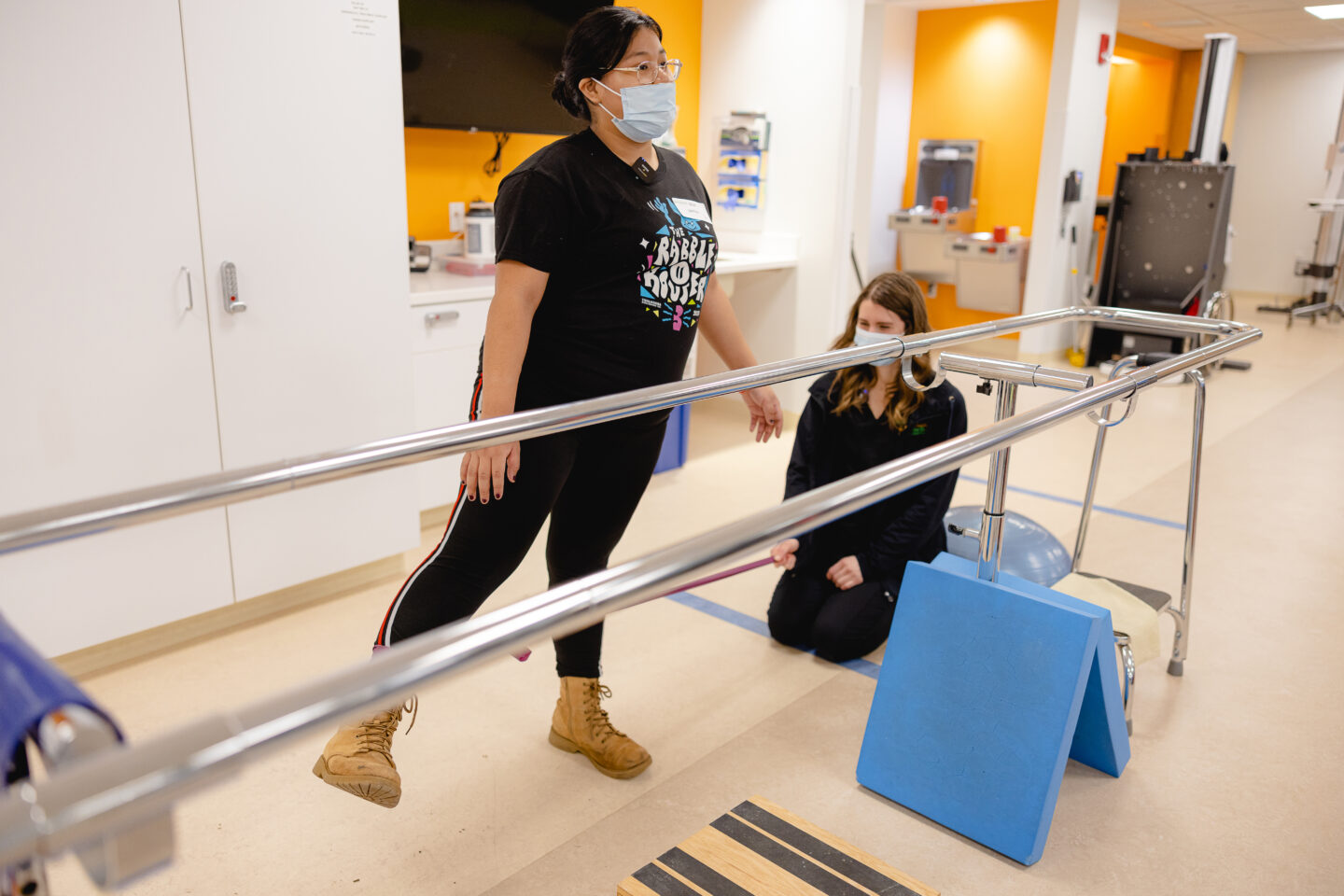
What to Expect
Your child’s physiatrist (a doctor who specializes in physical medicine and rehabilitation) will perform a one-time examination and assess your child’s health history.
- A one-time evaluation
- Monthly to twice-monthly medical visits
- Weekly psychology sessions
- Weekly virtual parent education groups
- Twice-weekly physical and occupational therapy sessions
Pain Psychology Sessions
Physical and emotional health are closely linked, and your pediatric psychologist will play a significant role in helping managing chronic pain.
Physical Therapy Sessions
Our physical therapists will help you understand the difference between acute and chronic pain. You’ll learn stretching techniques, posture corrections and other ways to manage your child’s pain and improve function by moving.
Occupational Therapy Sessions
Your child will learn proper posturing and body mechanics needed for school and daily activities. A structured movement program will help your child re-engage in interests and hobbies.
Your Team
We understand the complexities of pain. Our interdisciplinary team of doctors specialize in the treatment of pediatric chronic pain.
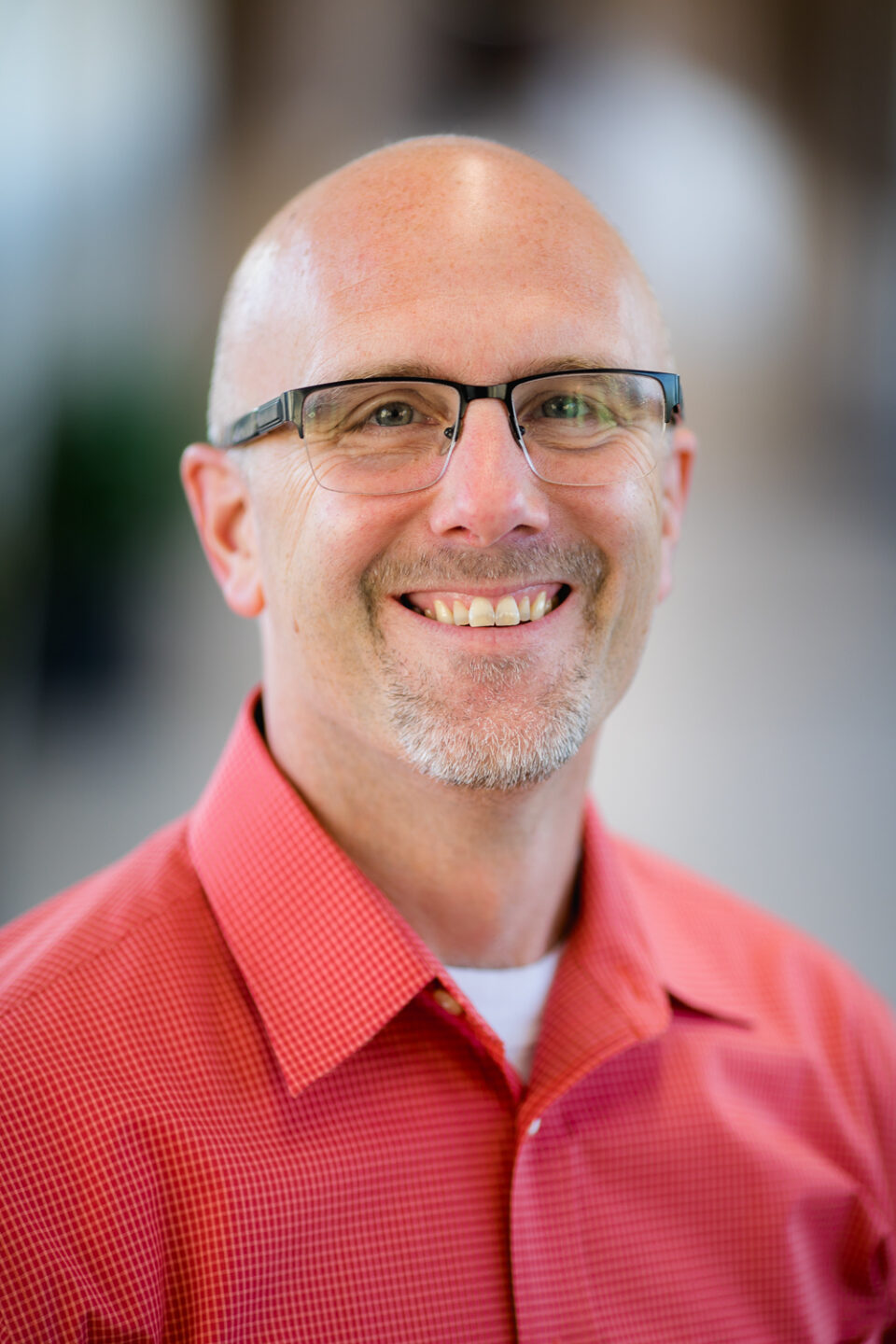
Douglas Henry, M.D.
Pediatric Physiatrist
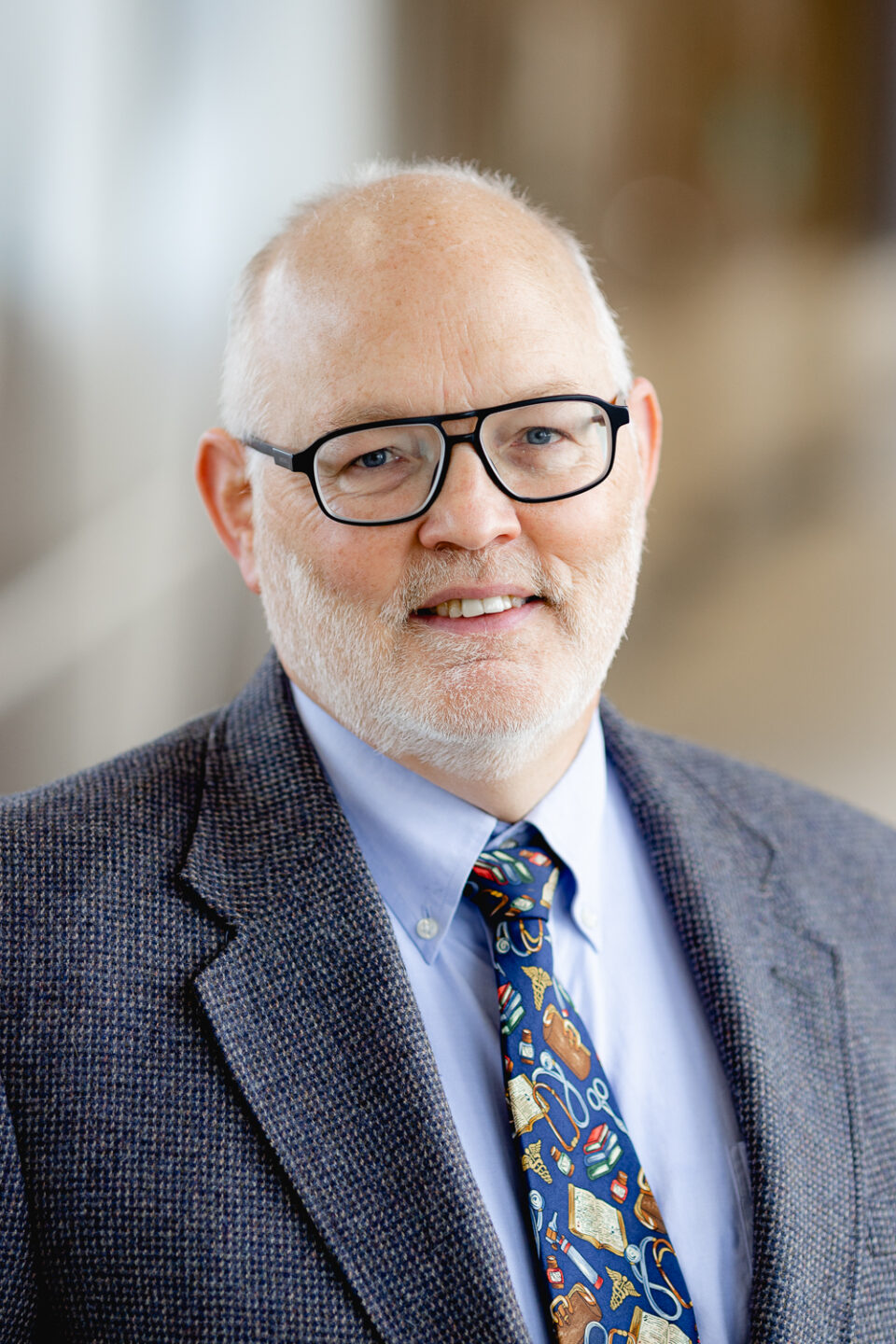
Philip Baty, M.D.
Family Medicine Physician
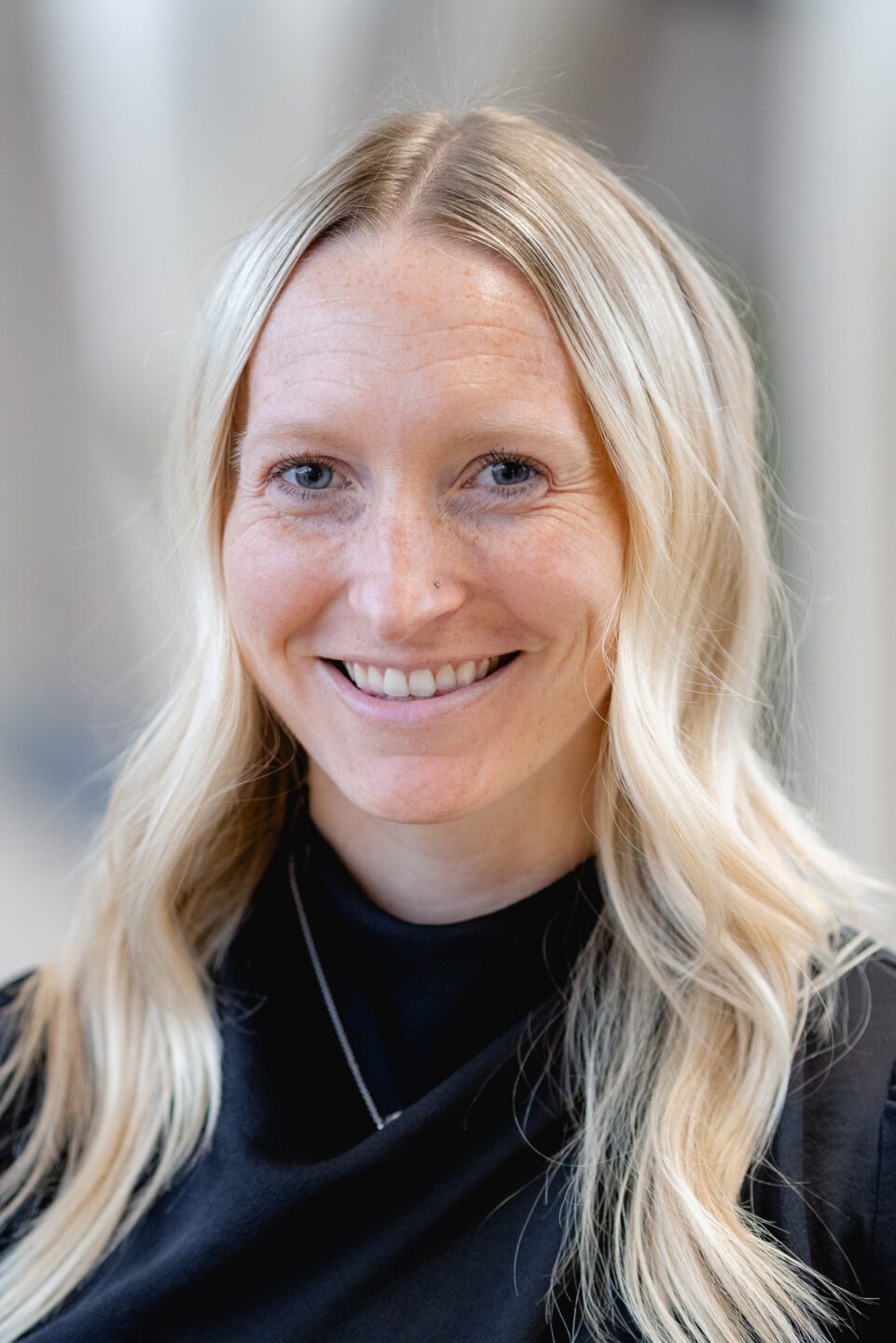
Kyleigh Skedgell, Ph.D.
Licensed Clinical Psychologist
Depending on your child’s needs, the team also may include:
- Occupational therapist
- Physical therapist
- Recreational therapists
- Registered dietitian
Each week, our team meets to discuss your child’s progress and make any necessary adjustments to the care plan. Your child’s wellness is our focus.
Contact Us
616.840.8005
800.668.6001


